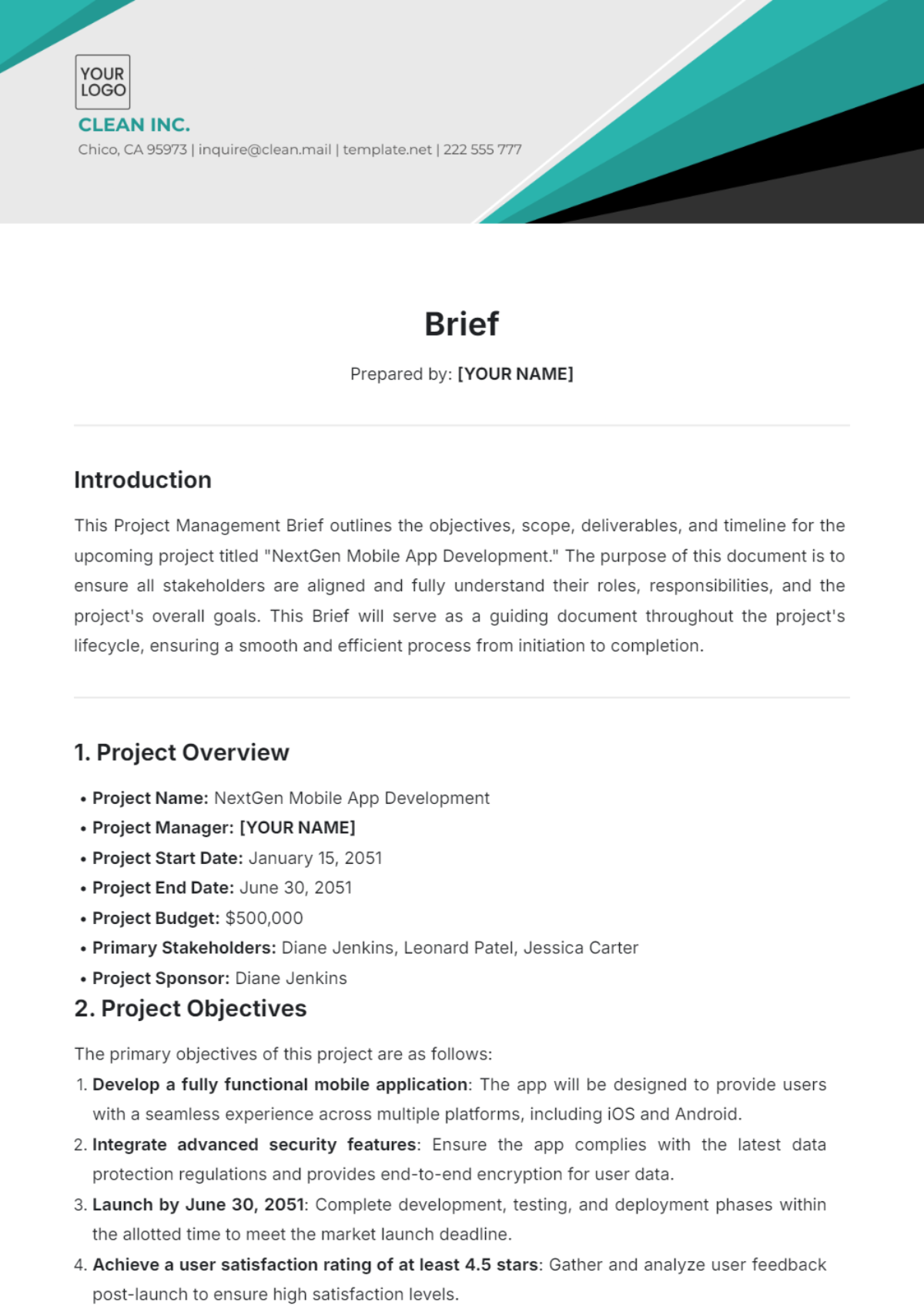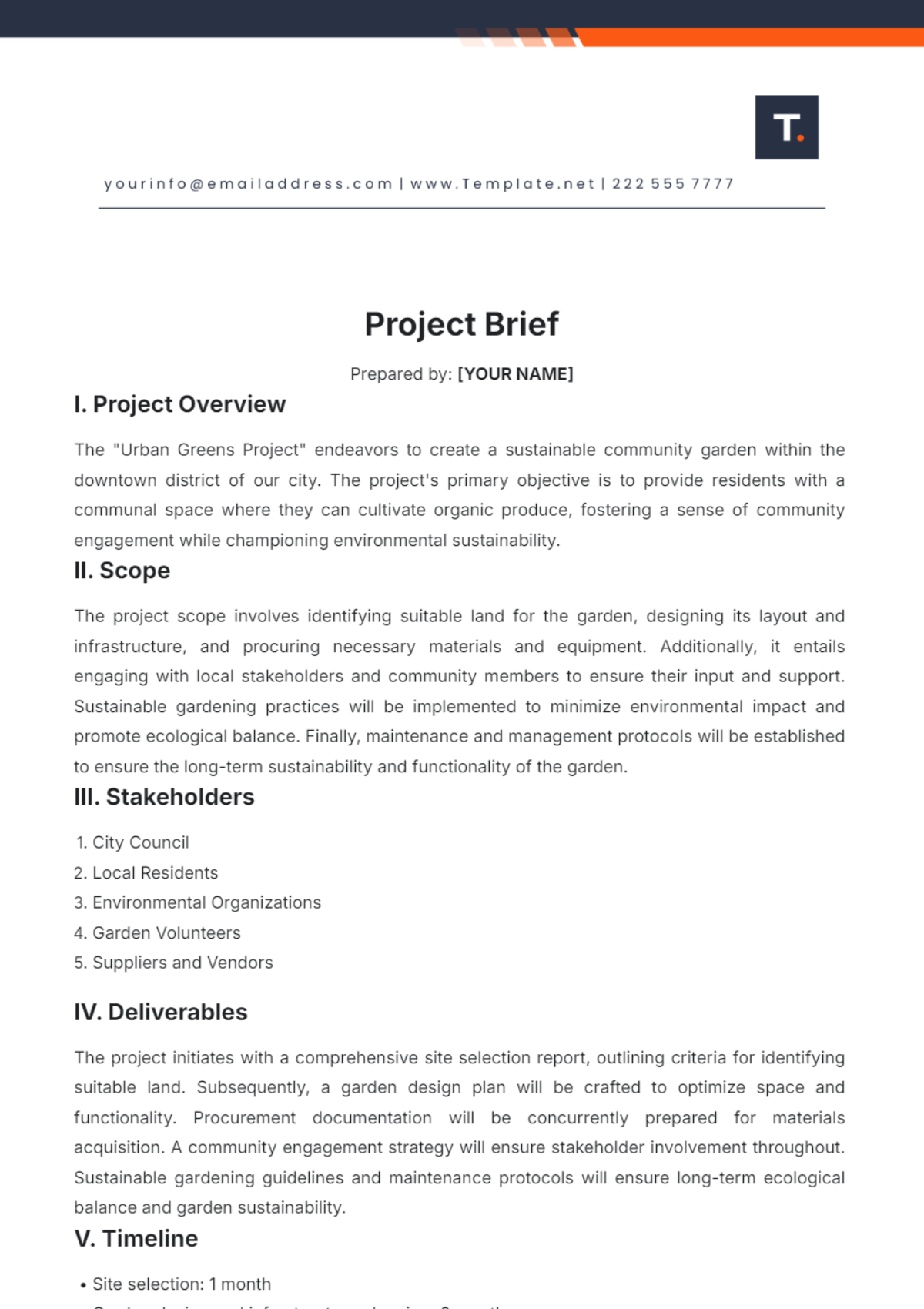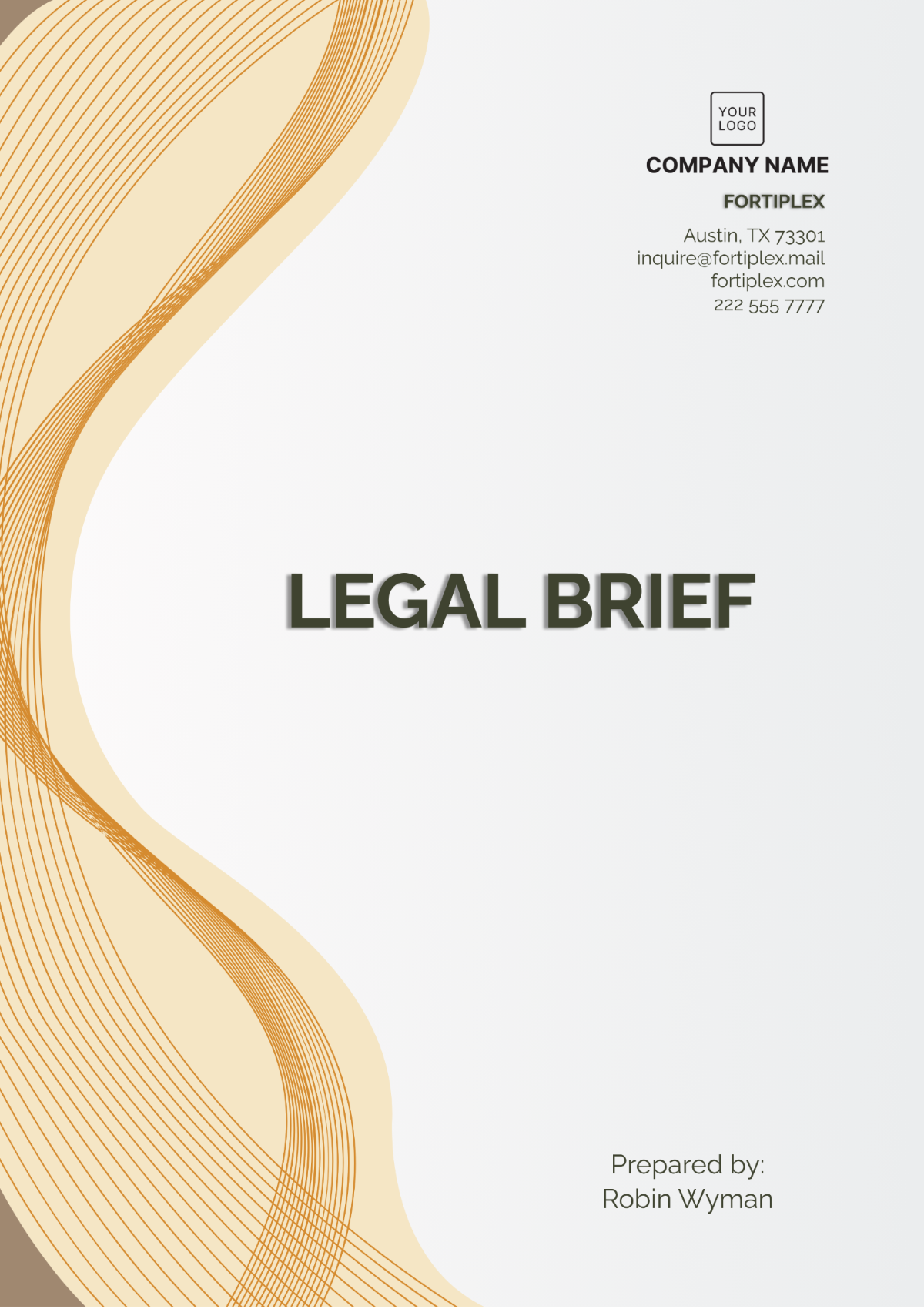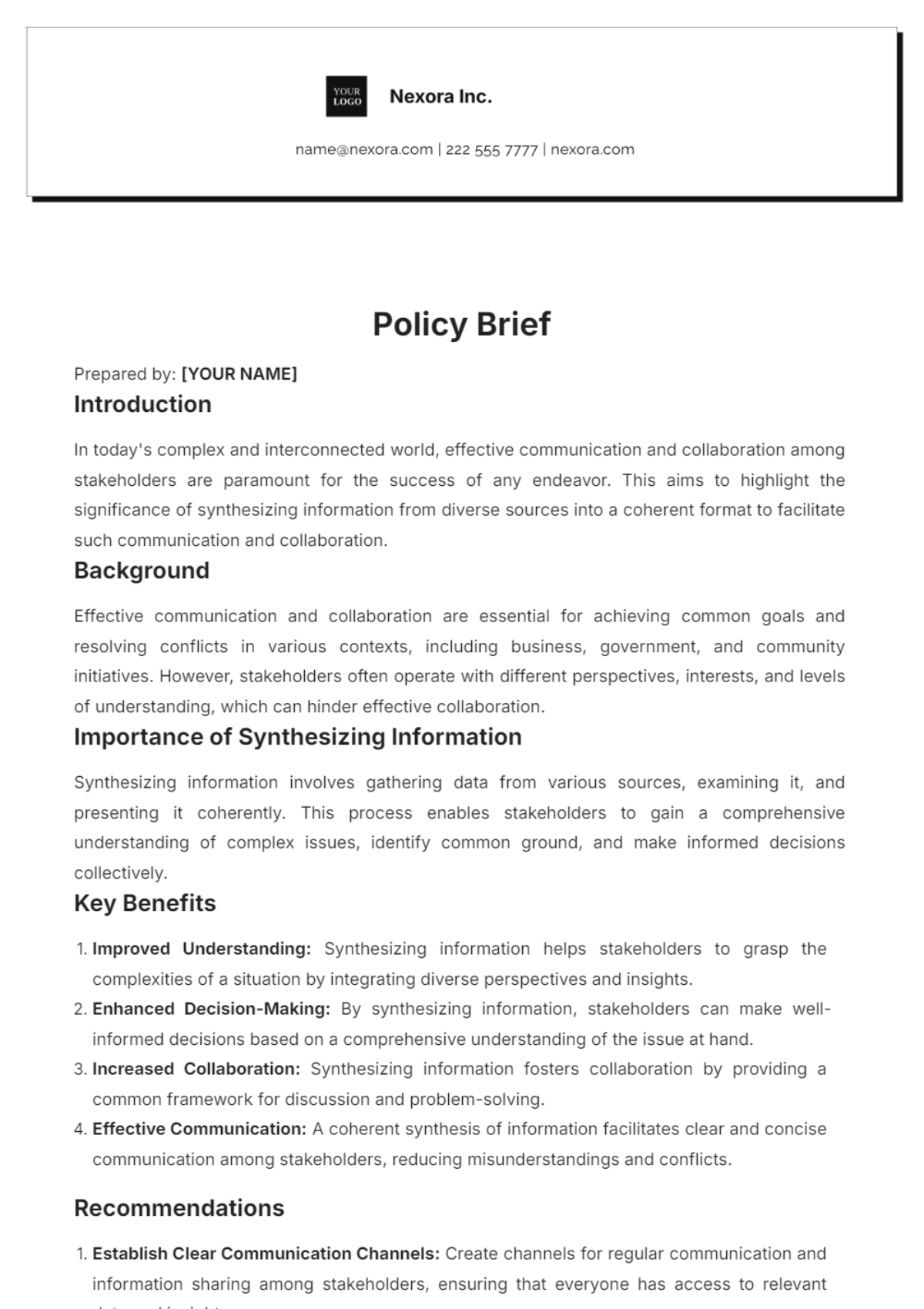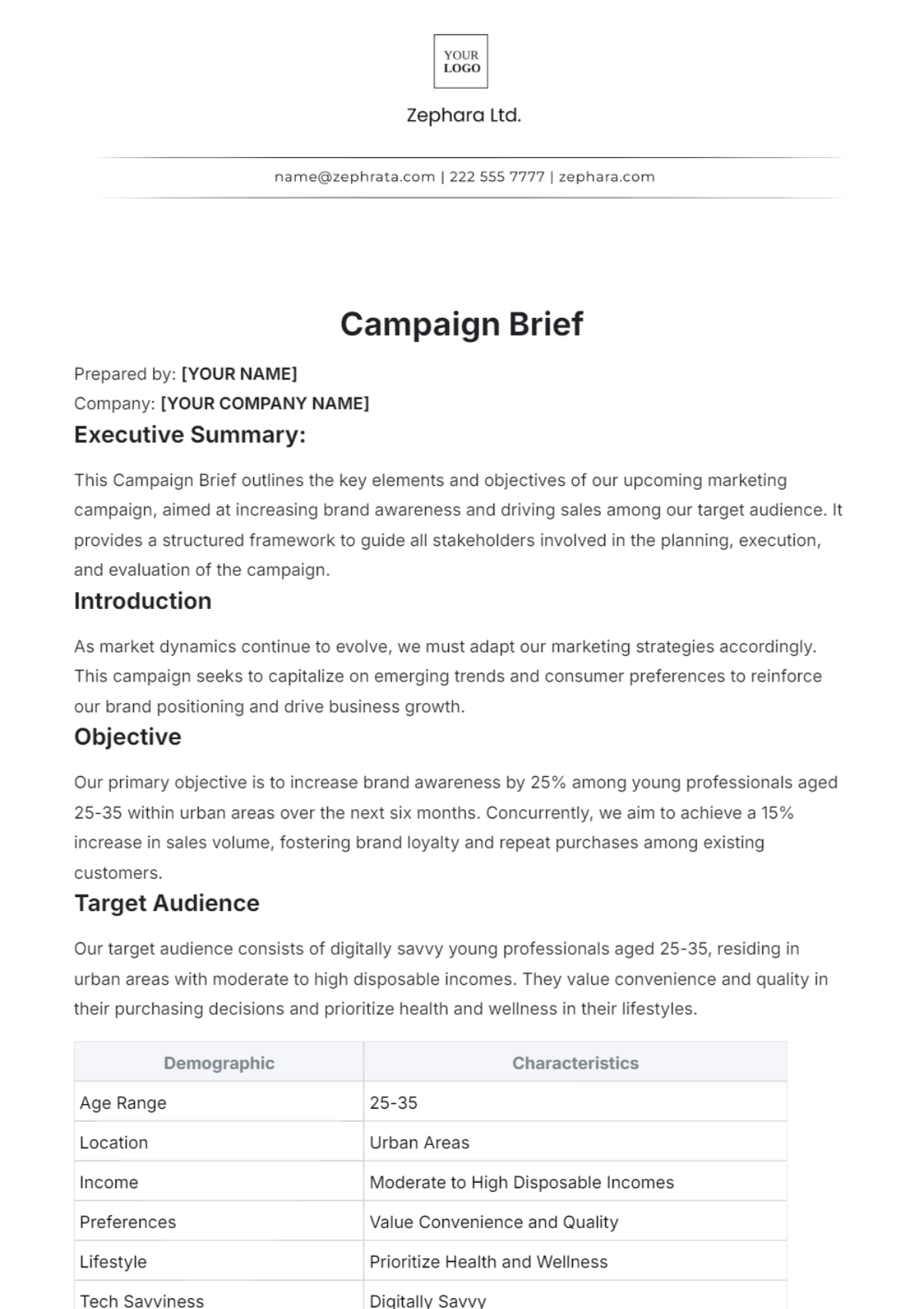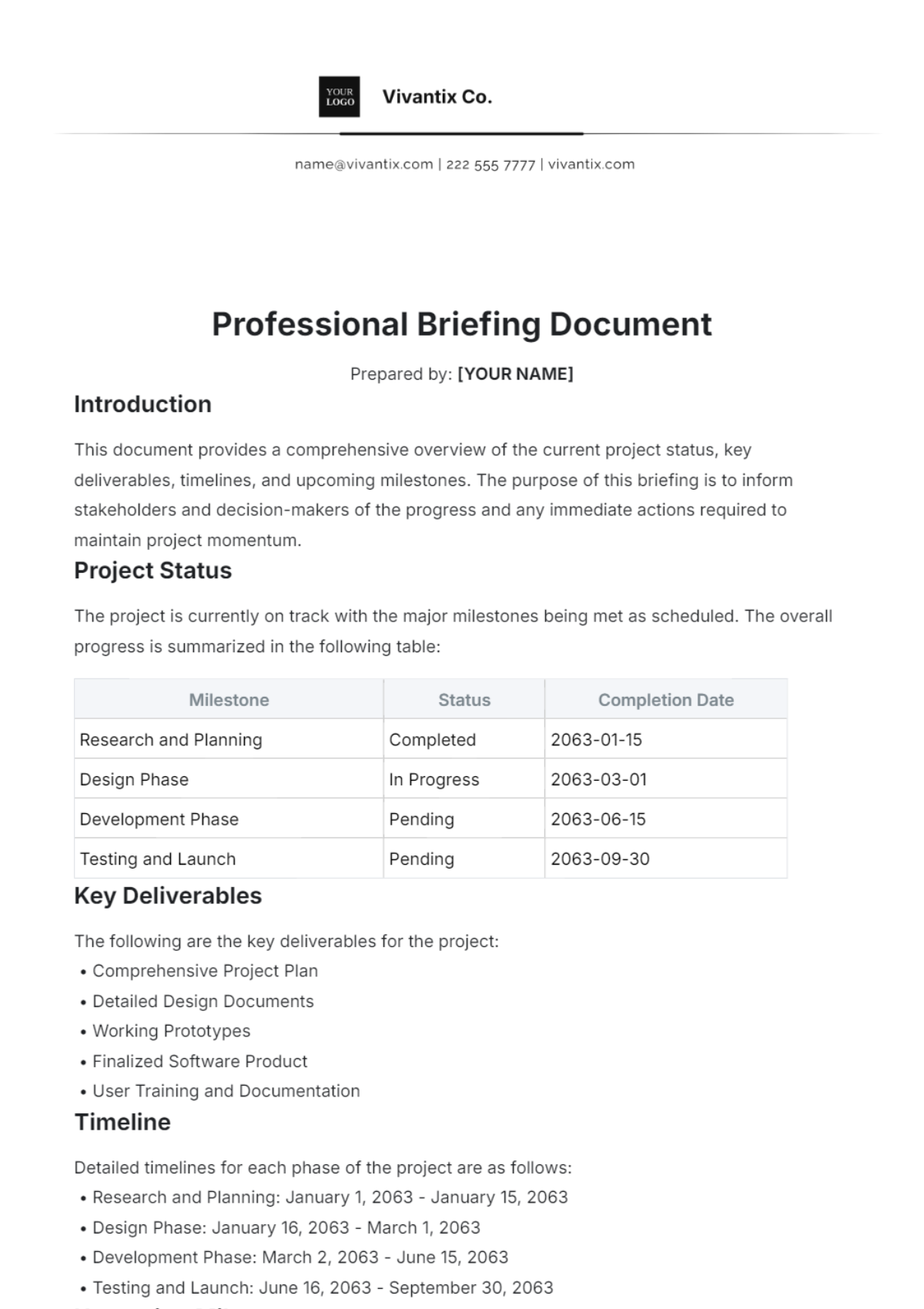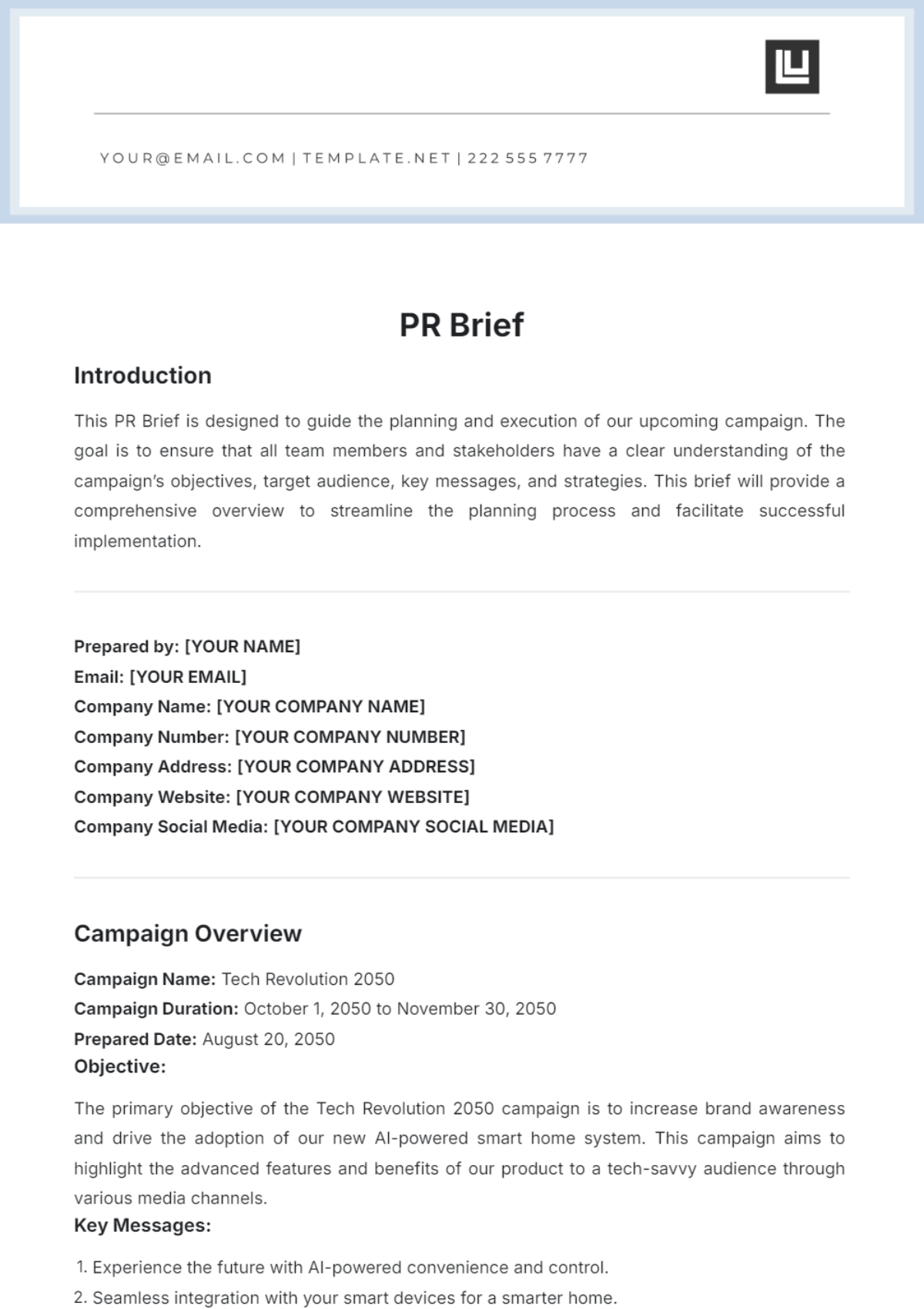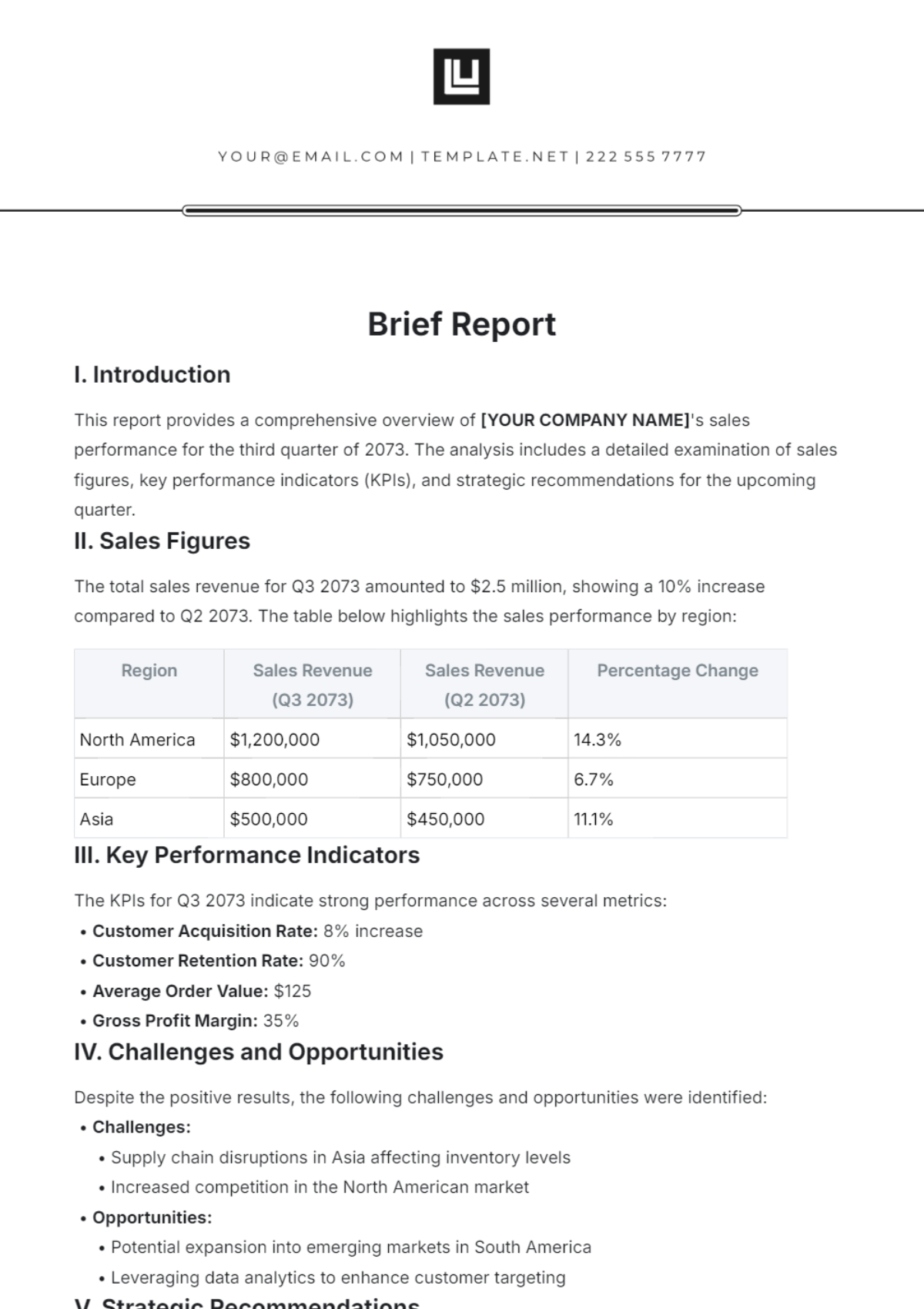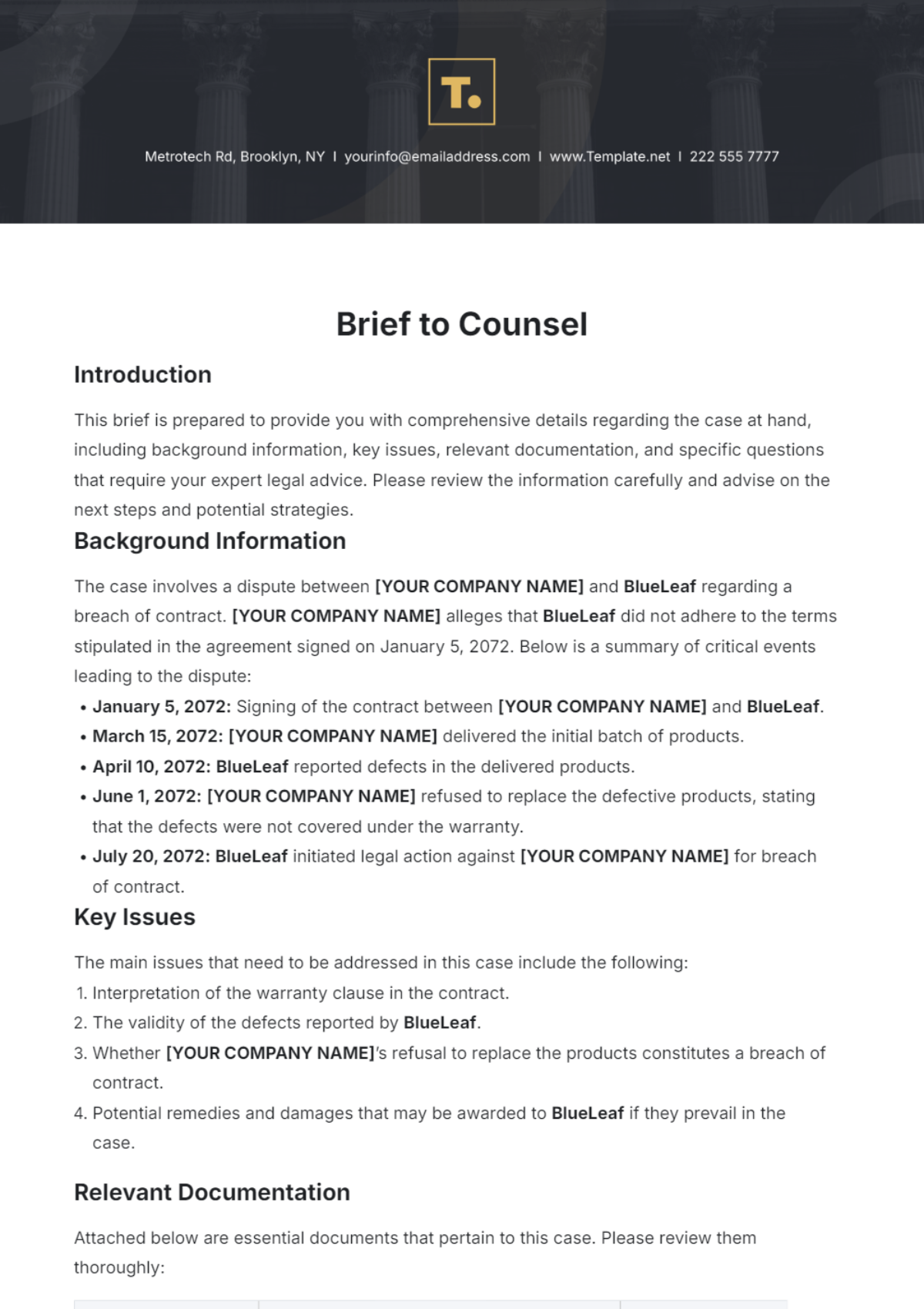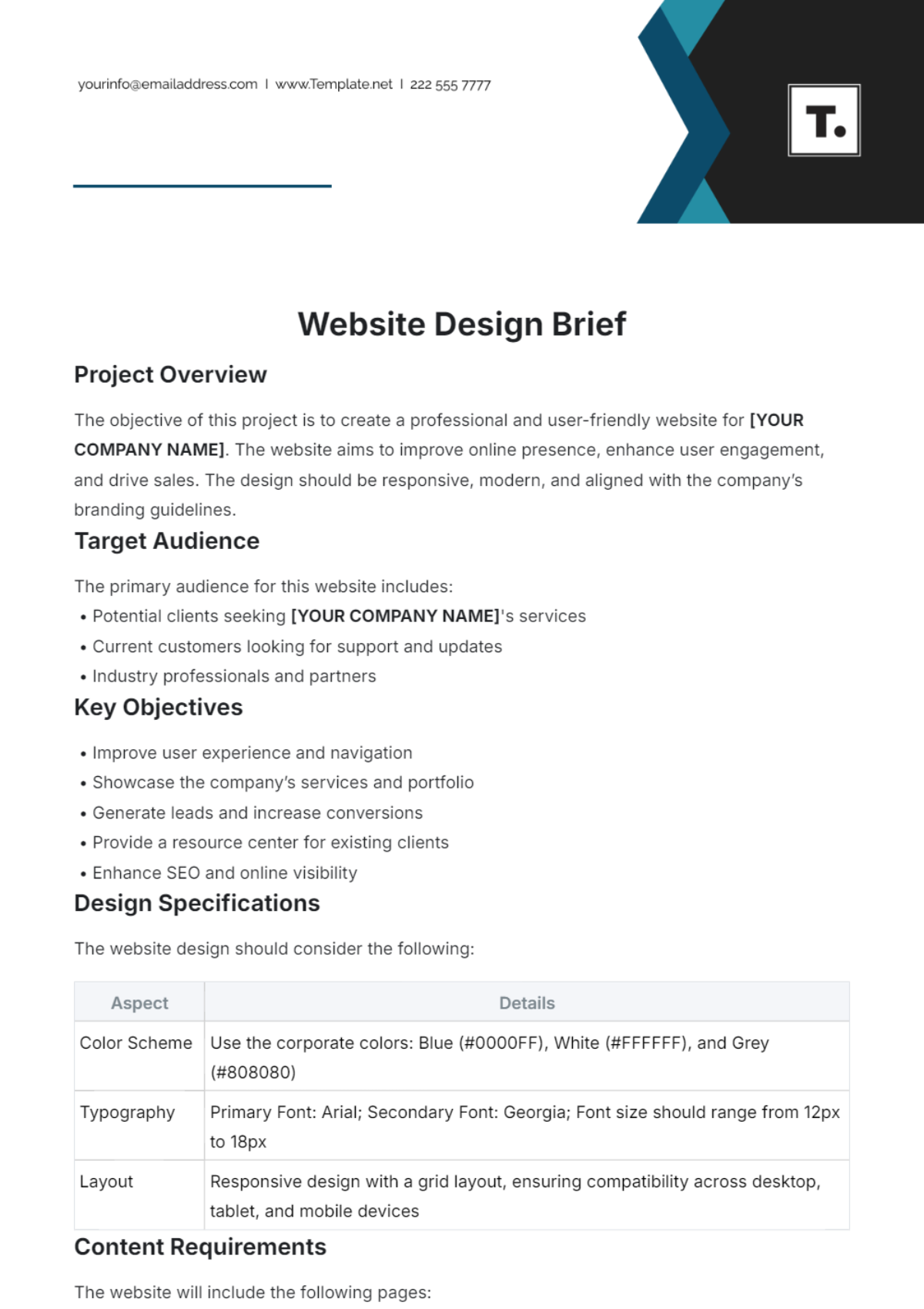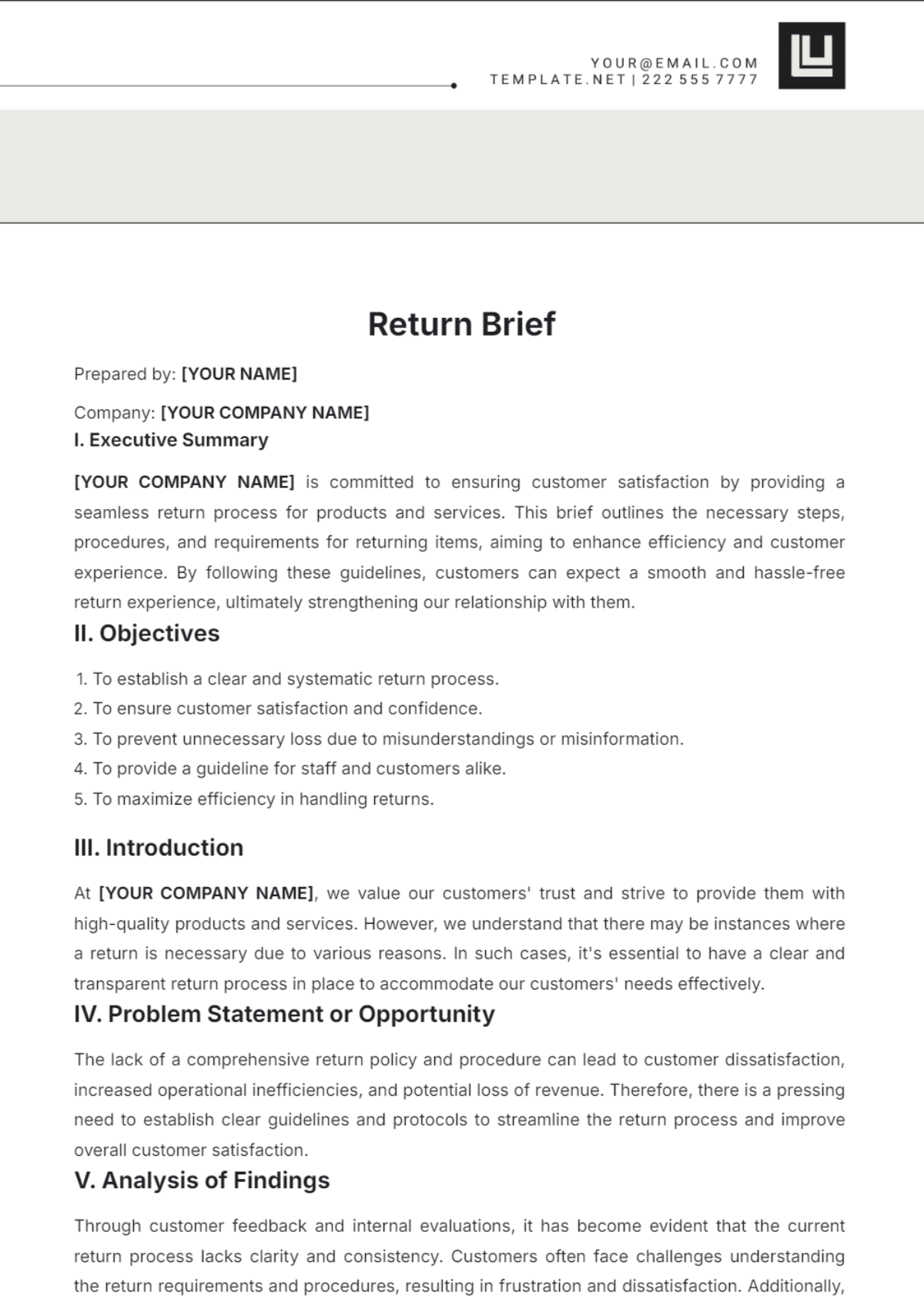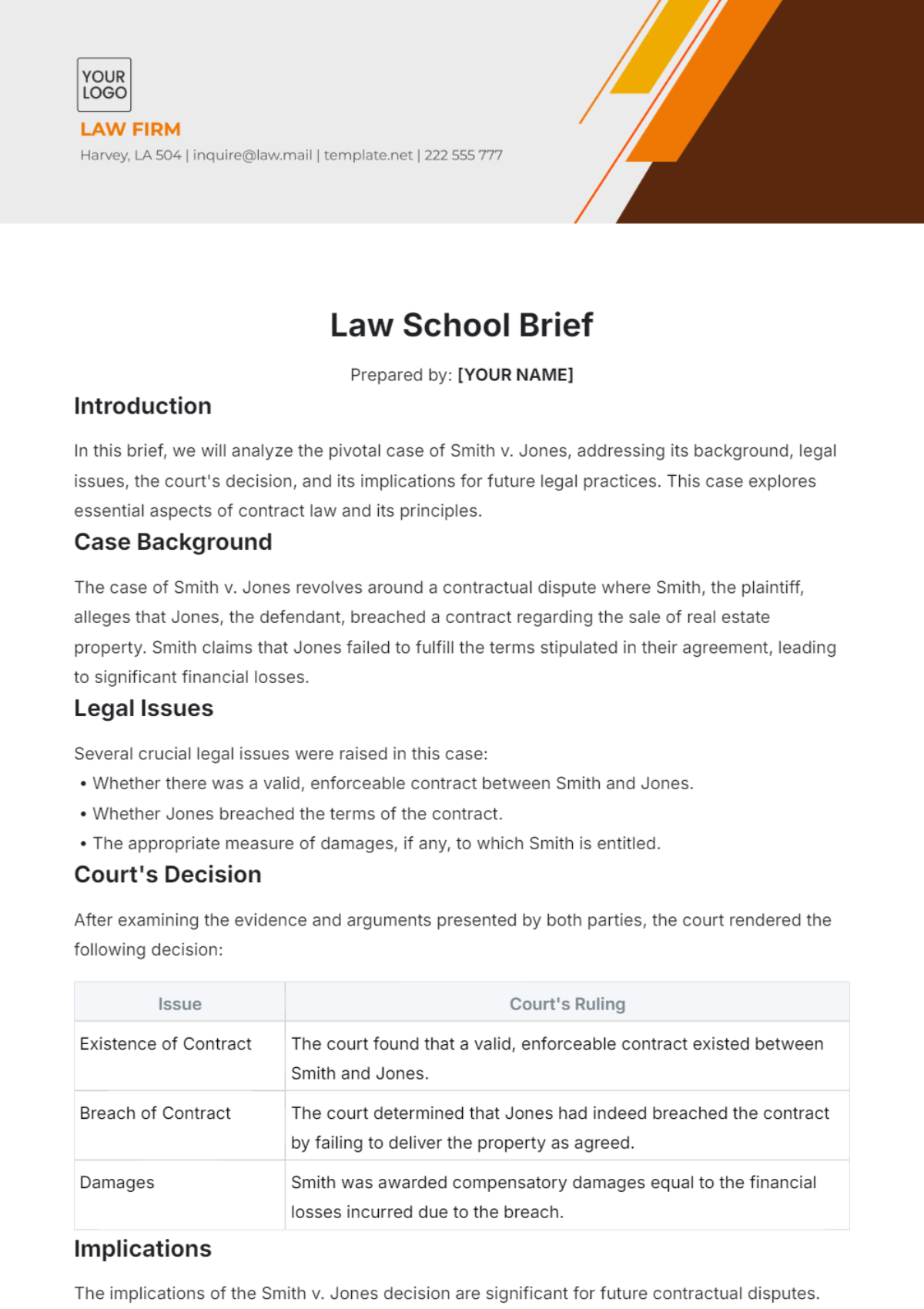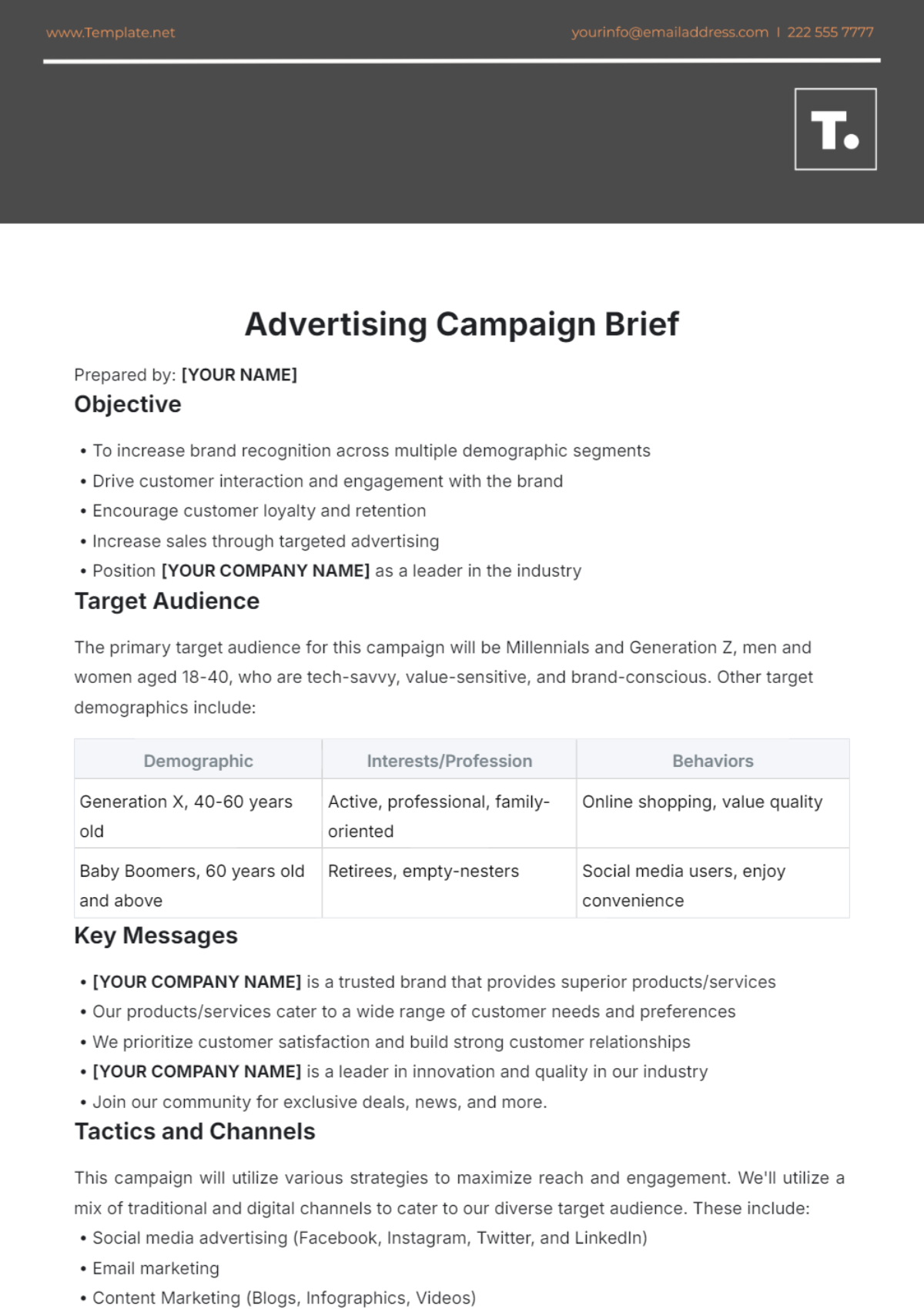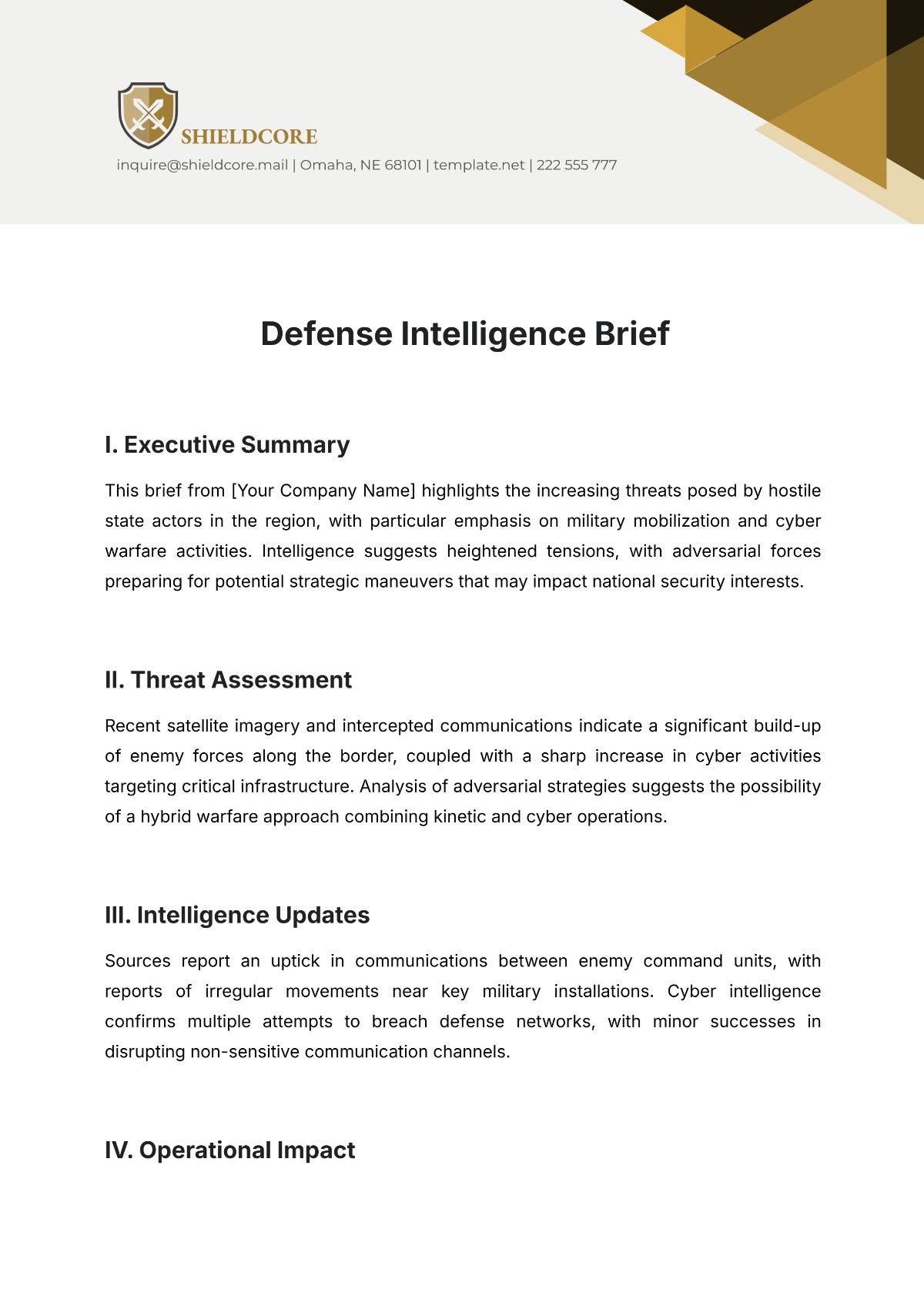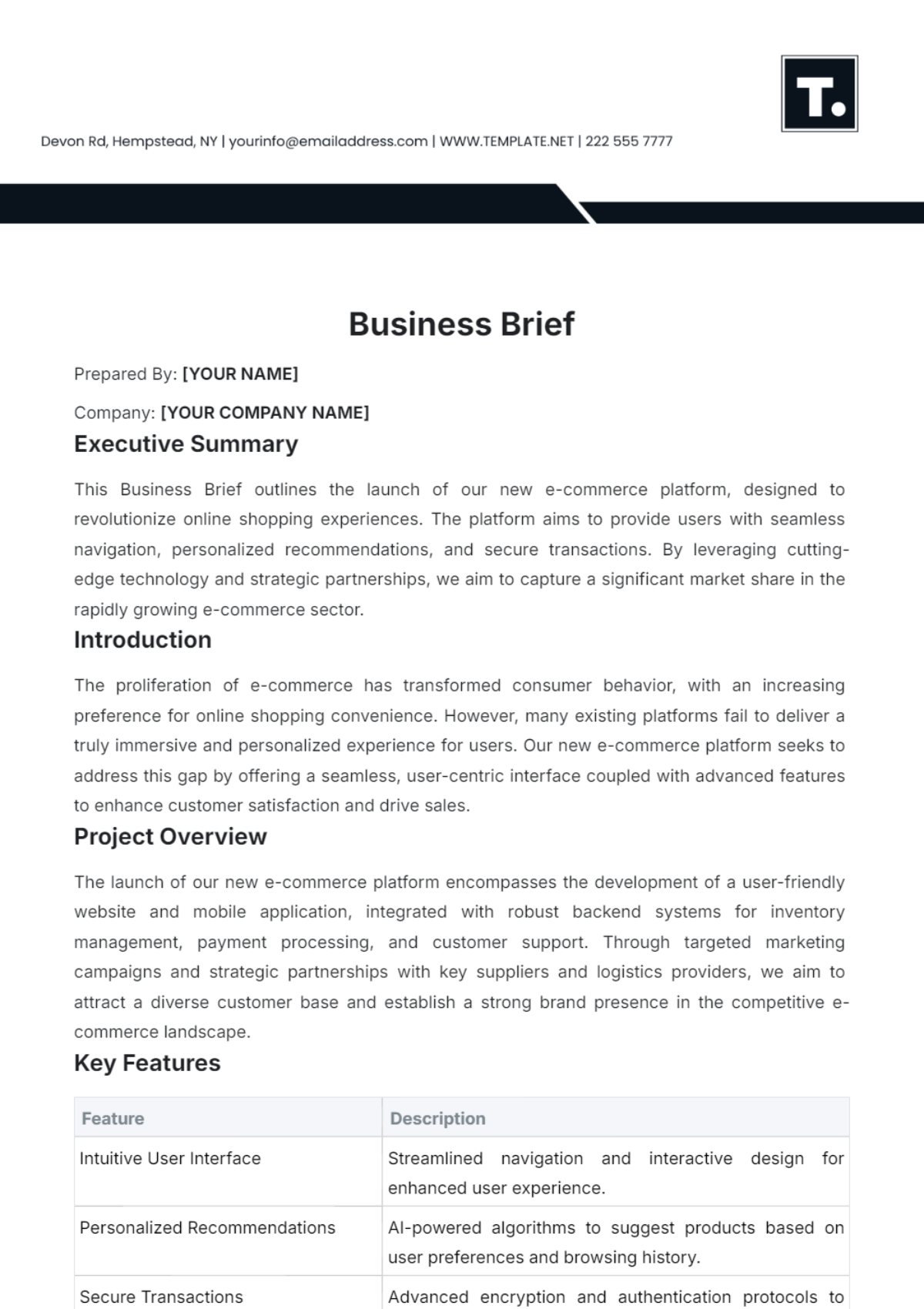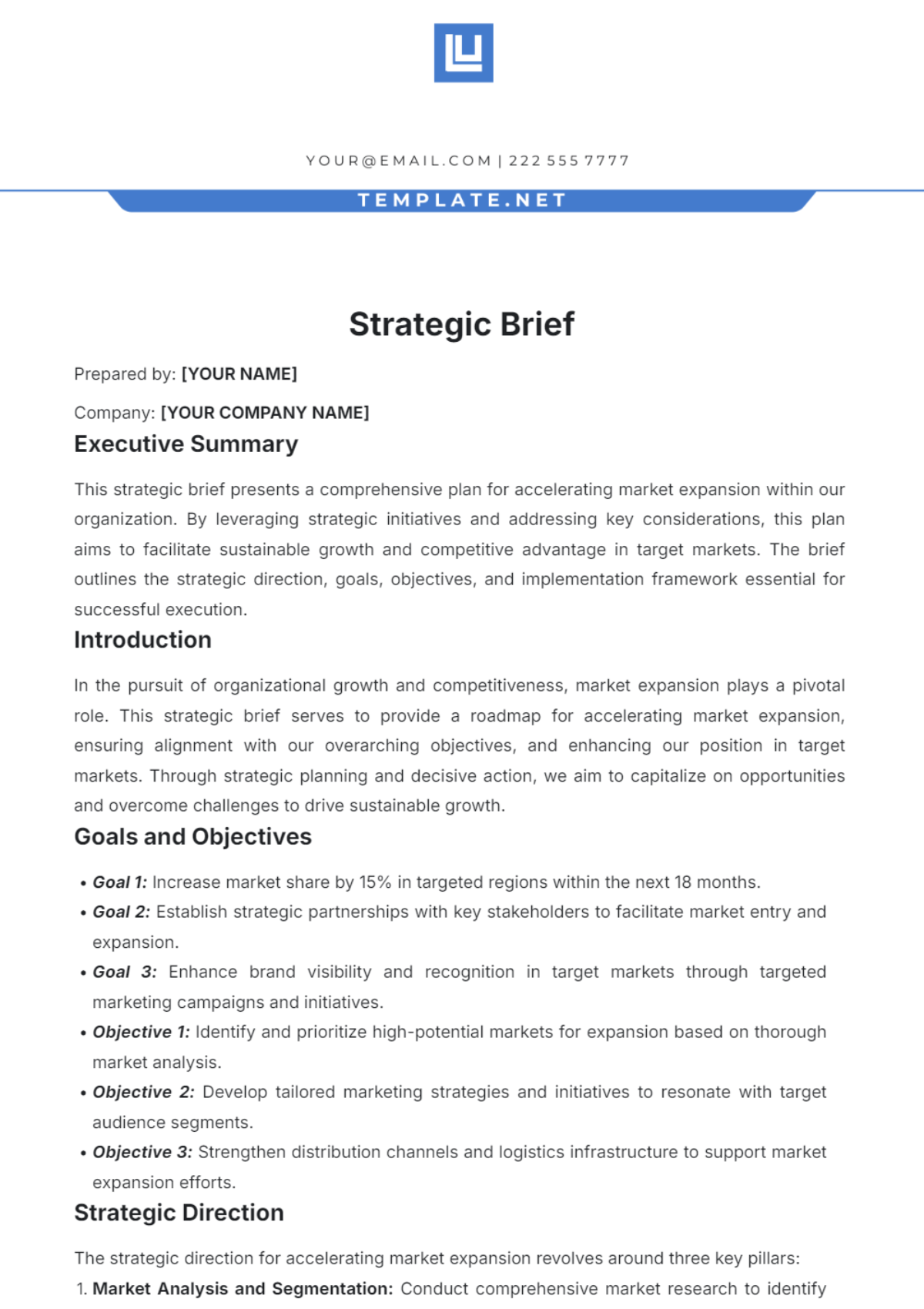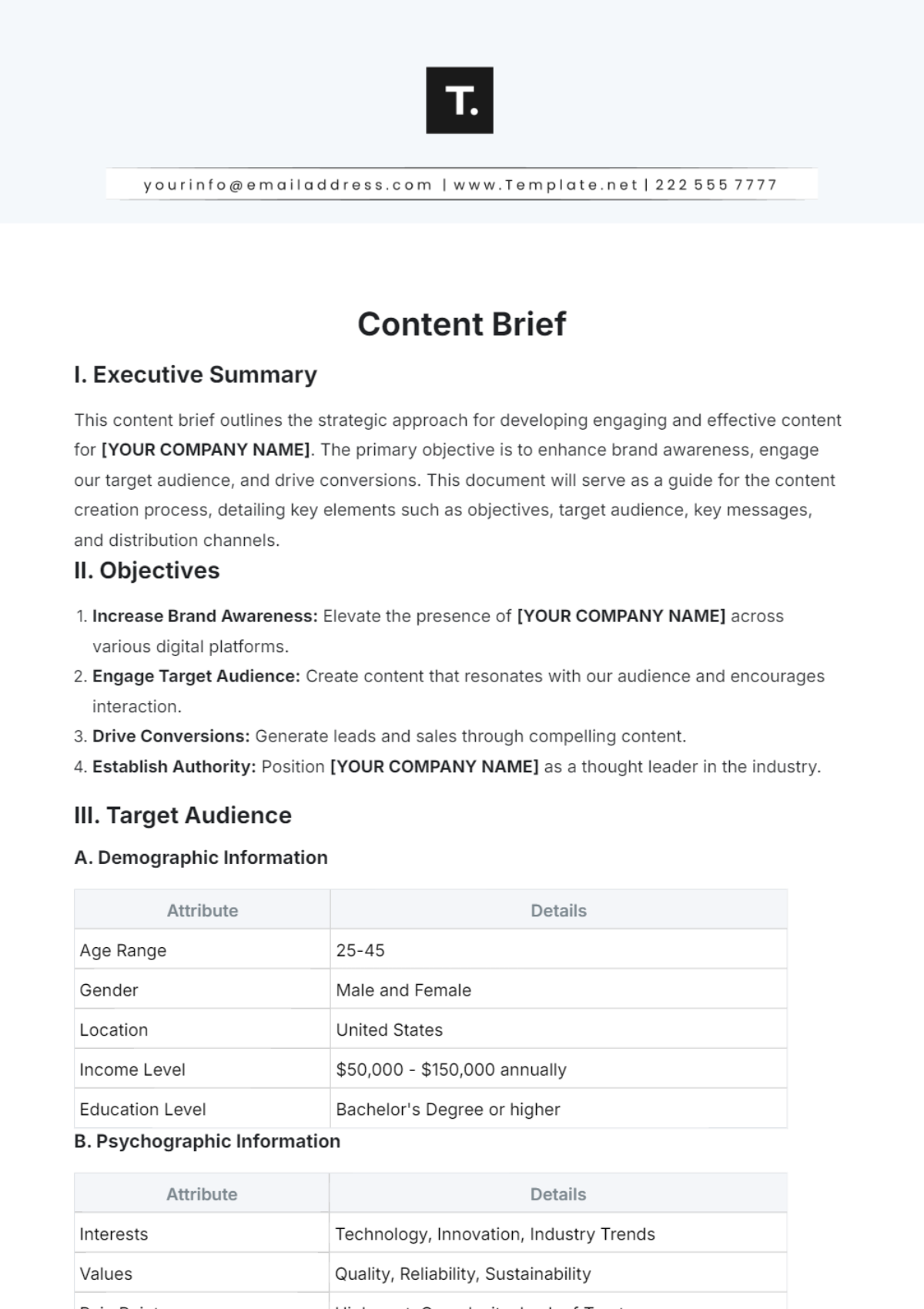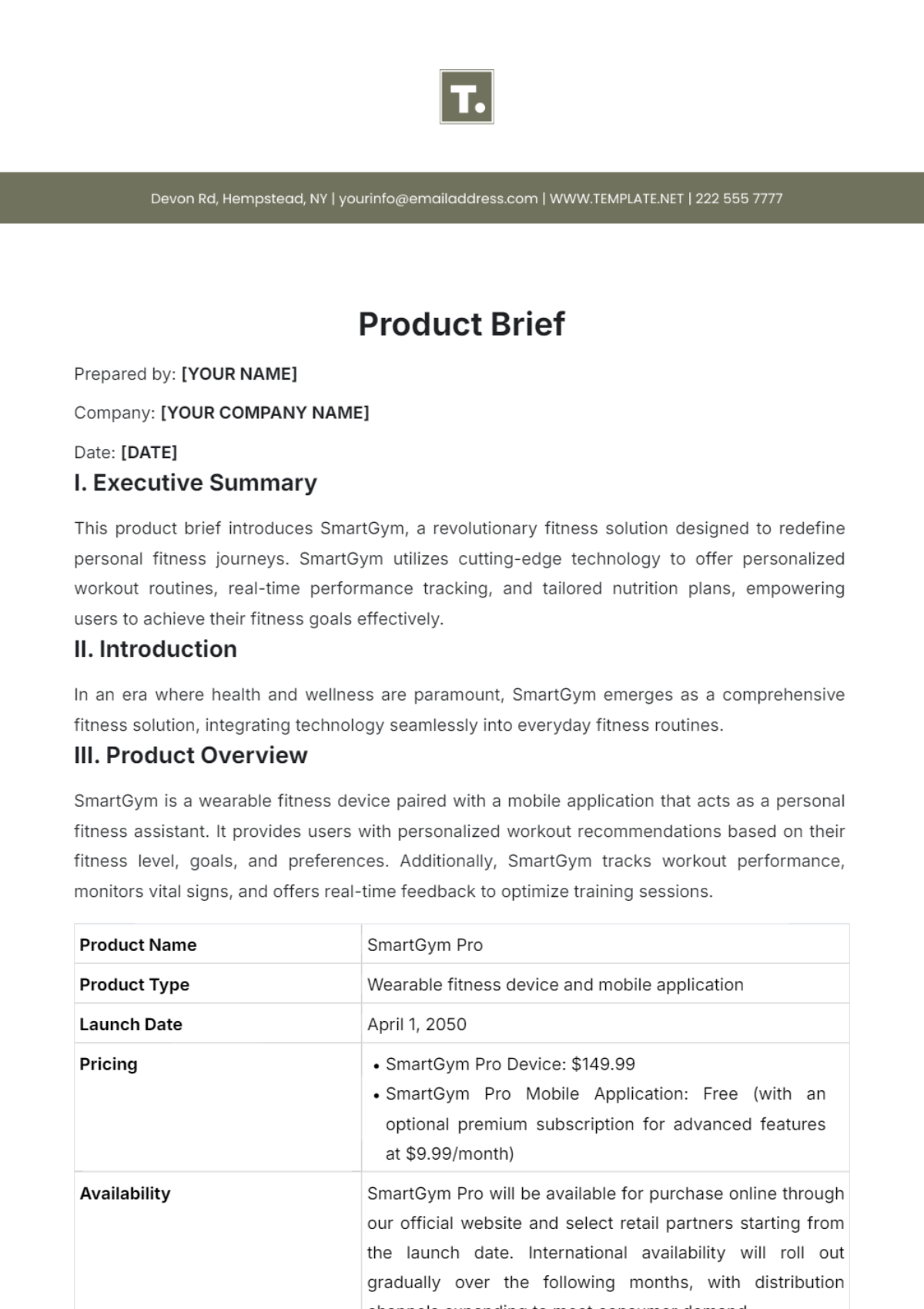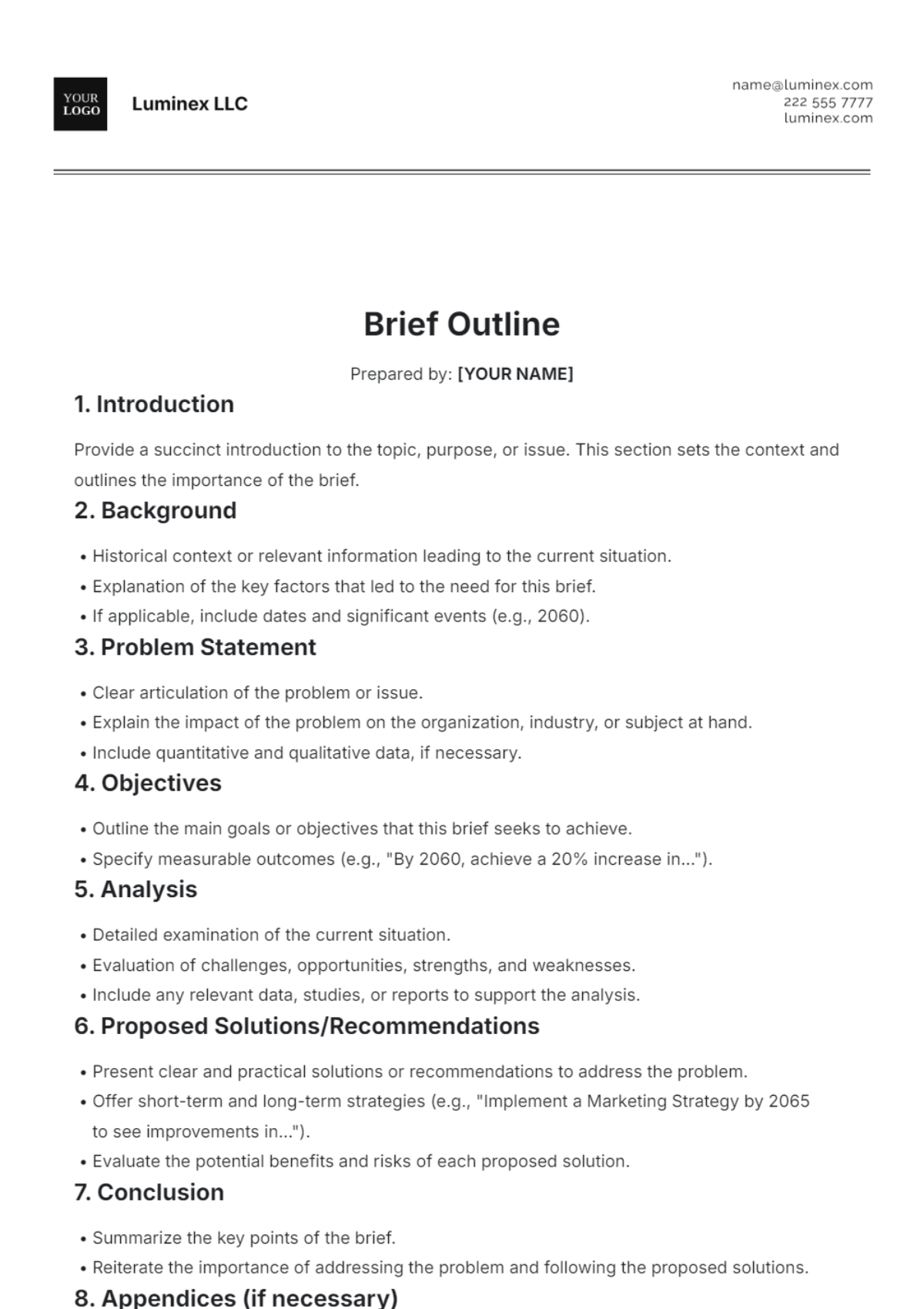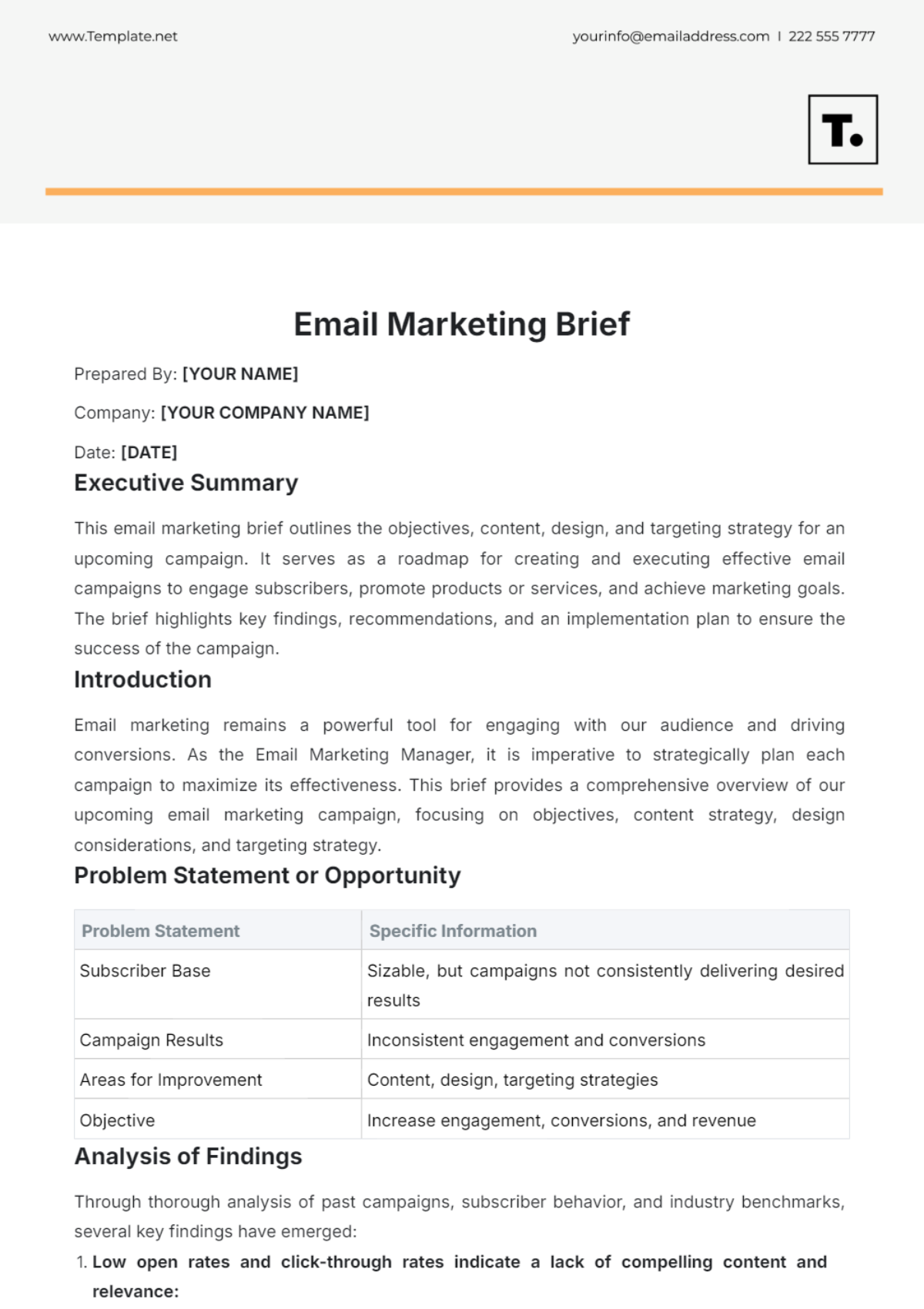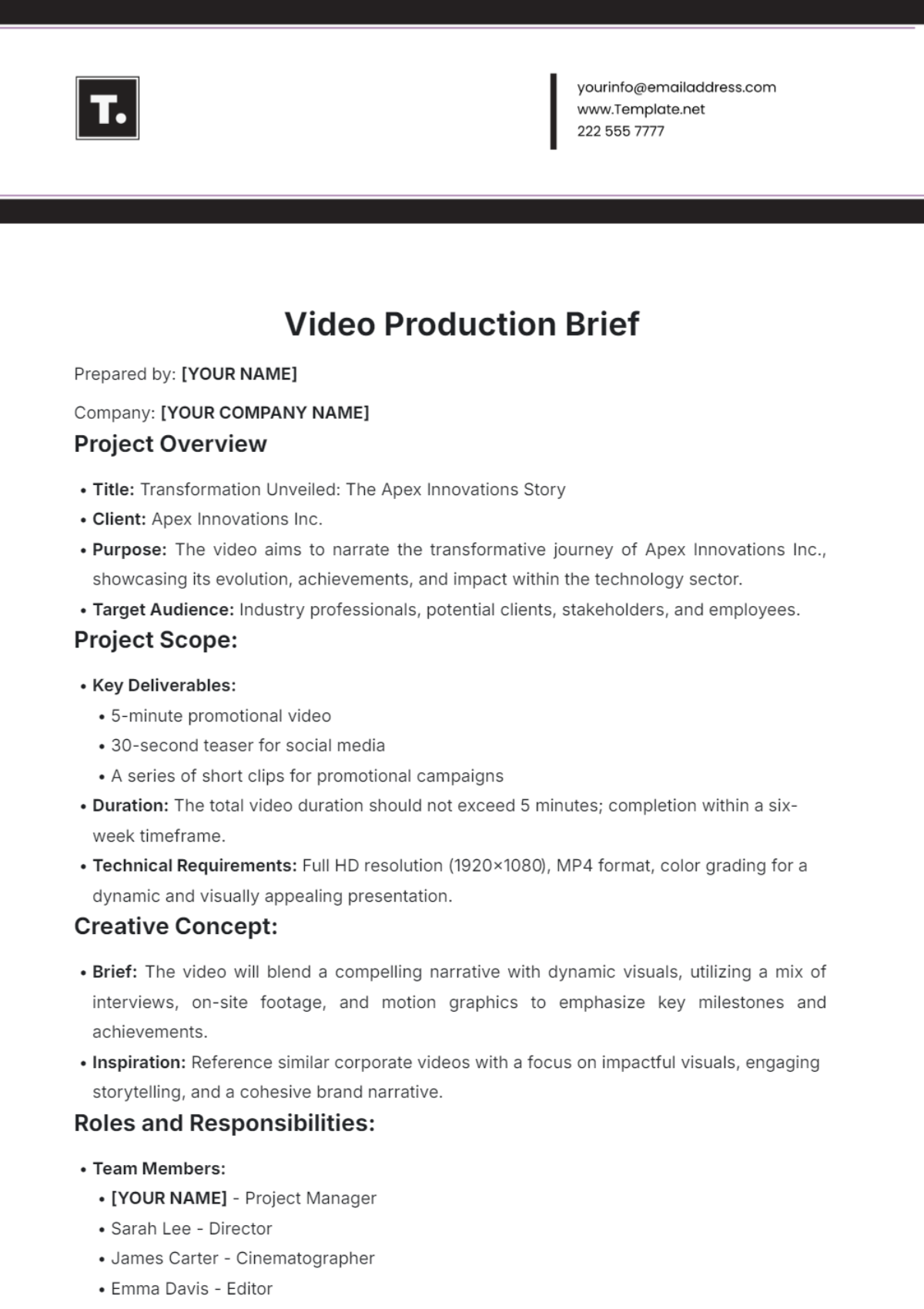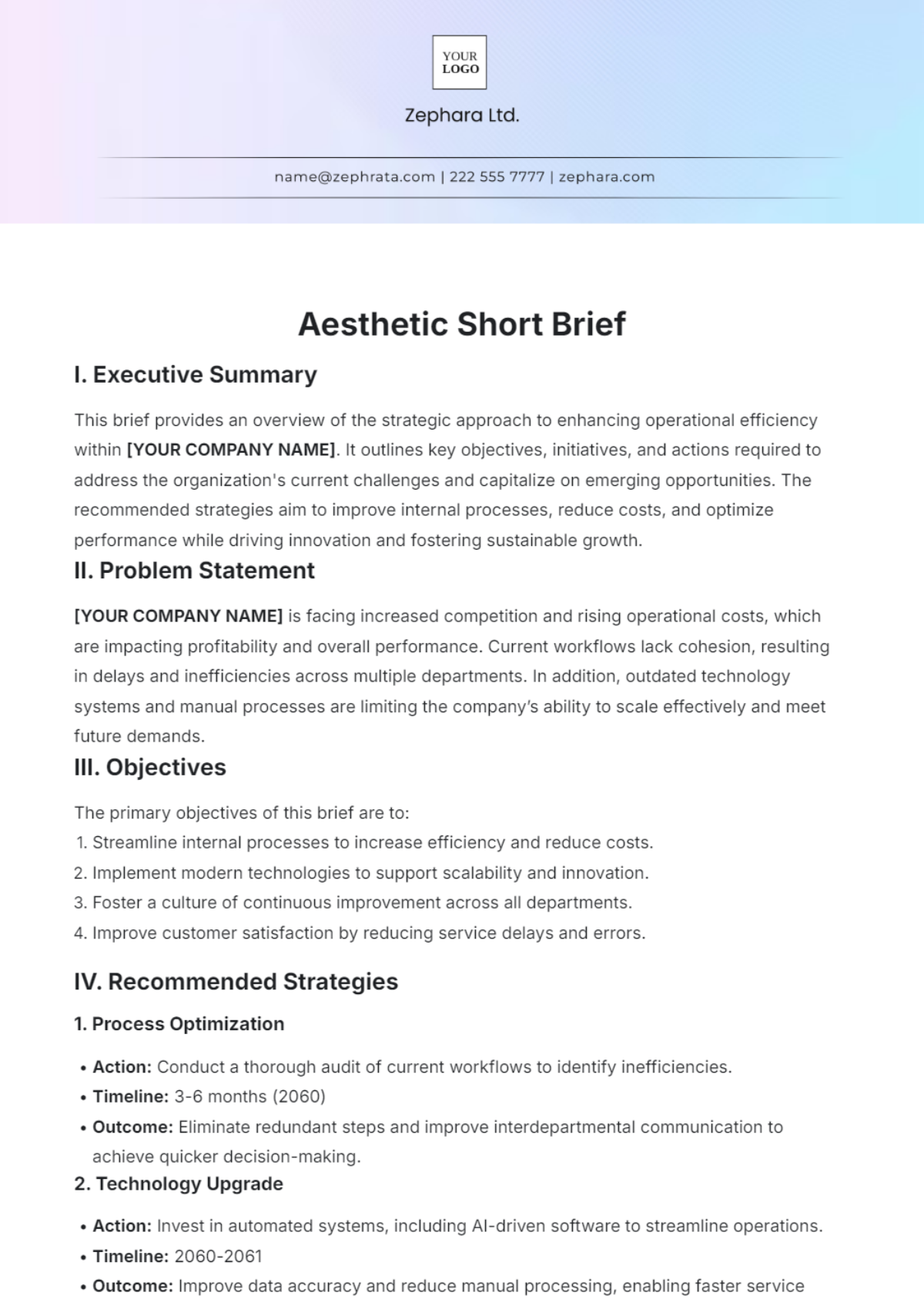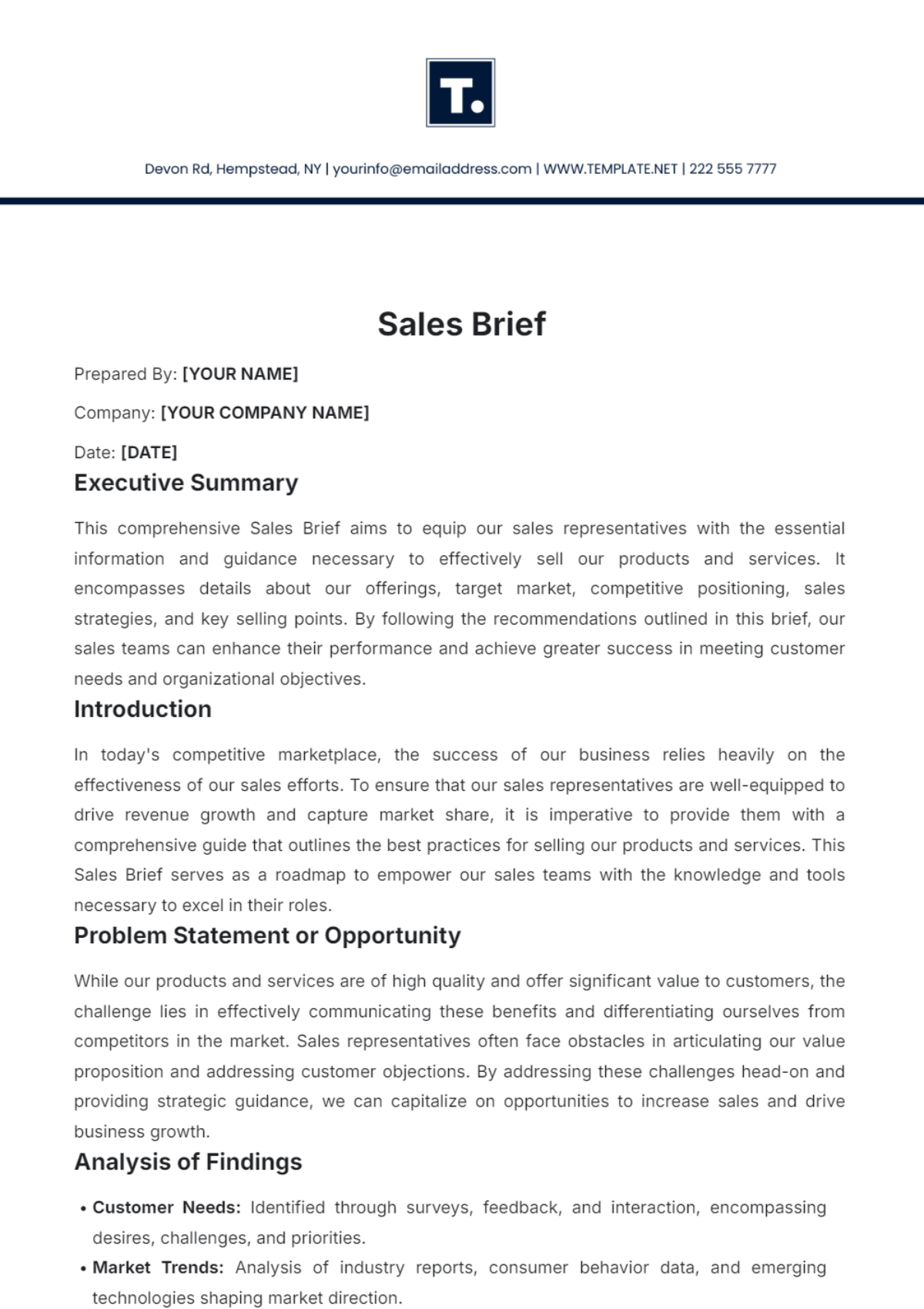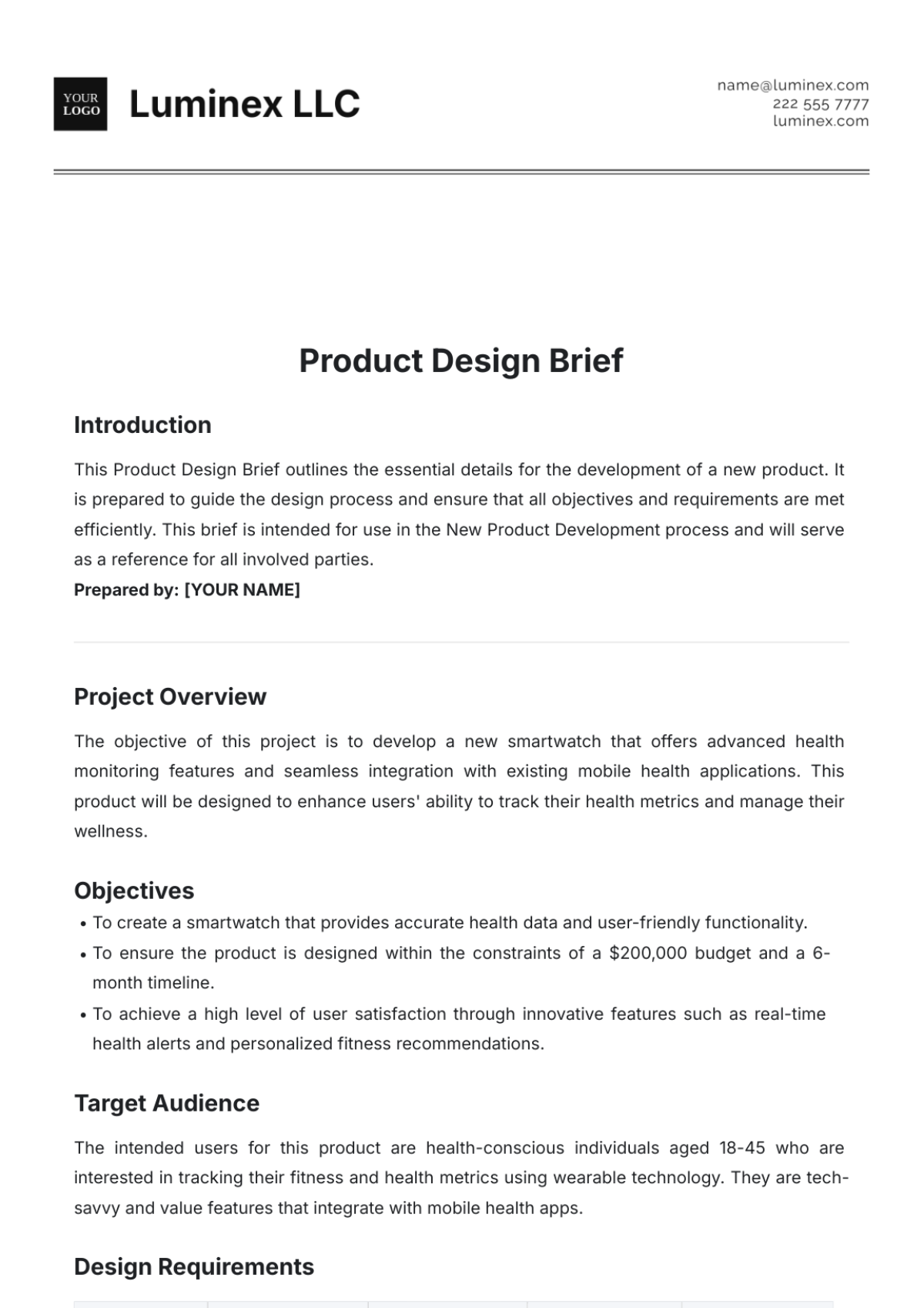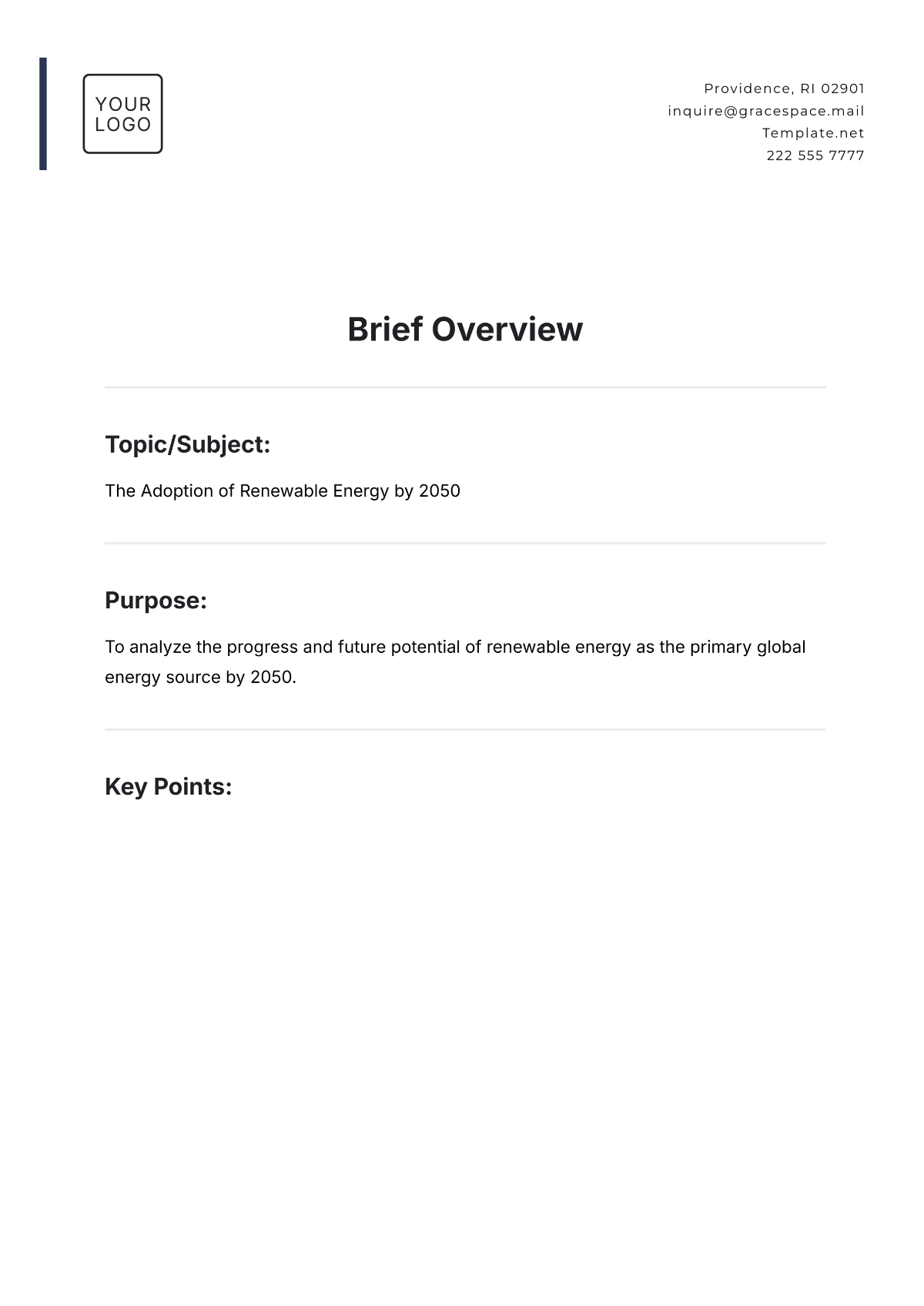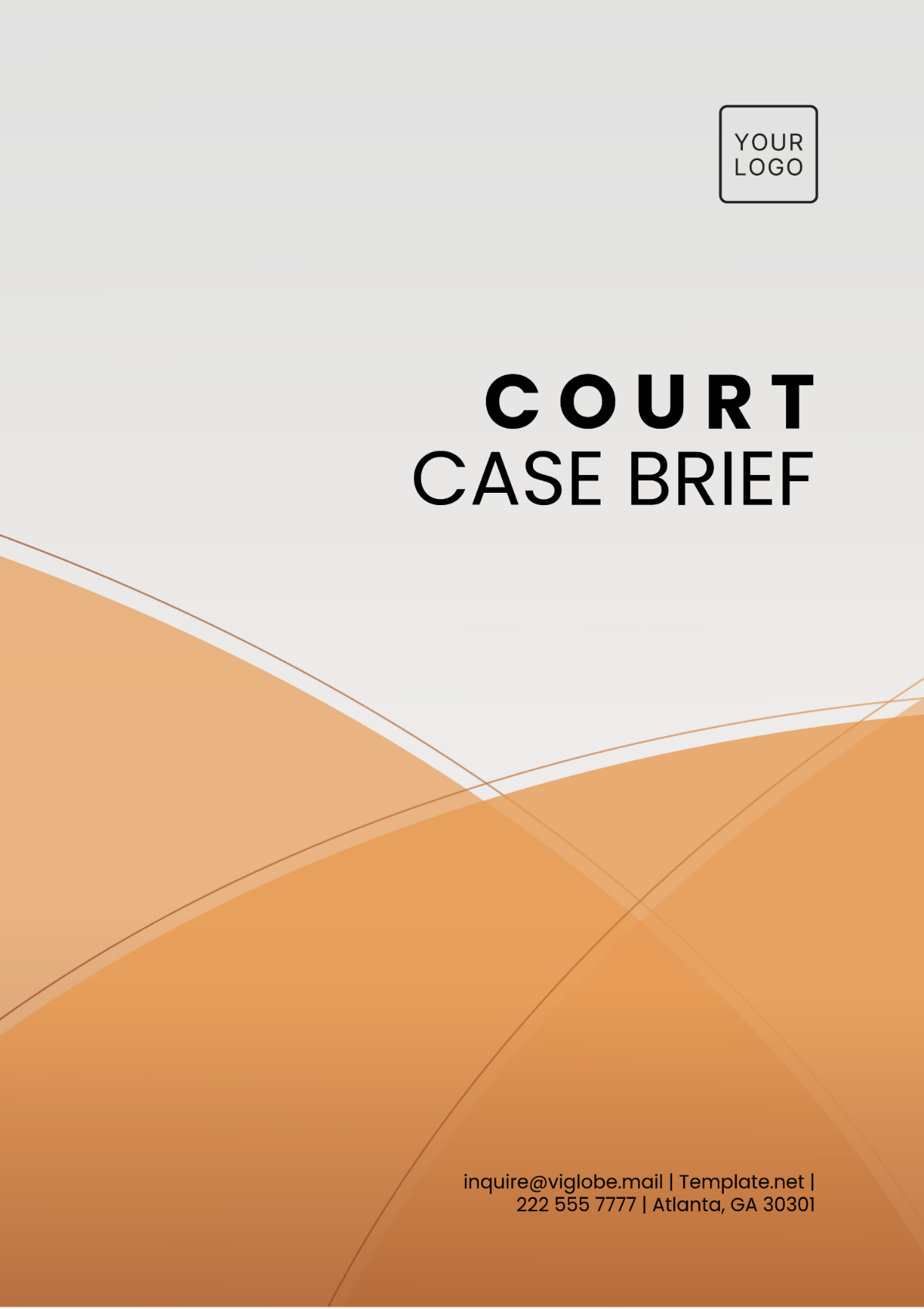Free Case Brief Practice Template
Case Brief Practice
I. Case Overview
The case of [CASE TITLE] involves [PLAINTIFF'S NAME] filed suit against [DEFENDANT'S NAME] in the Supreme Court of the [JURISDICTION NAME] over a breach of contract regarding the sale of a residential property. The dispute arose when [DEFENDANT'S NAME] failed to transfer the property title to [PLAINTIFF'S NAME] by the agreed-upon closing date of [AGREED DATE]. The court rendered its decision on [DECISION DATE], following legal proceedings including trial and appeal.
II. Facts
[PLAINTIFF'S NAME] entered into a contract to purchase a residential property from [DEFENDANT'S NAME].
The contract specified a closing date of [AGREED DATE].
[DEFENDANT'S NAME] failed to transfer the property title to [PLAINTIFF'S NAME] by the agreed-upon closing date.
The facts of the case are as follows: [PLAINTIFF'S NAME] contracted with [DEFENDANT'S NAME] to purchase a residential property with a specified closing date of [AGREED DATE]. However, [DEFENDANT'S NAME] failed to transfer the property title to [PLAINTIFF'S NAME] by the agreed-upon closing date.
III. Issues
Primary Issue: Whether [DEFENDANT'S NAME] breached the contract by failing to transfer the property title by the specified closing date.
Secondary Issue(s):
Whether [PLAINTIFF'S NAME] is entitled to specific performance.
Whether [DEFENDANT'S NAME] is entitled to any affirmative defenses.
The primary issue before the court is whether [DEFENDANT'S NAME] breached the contract by failing to transfer the property title by the specified closing date. Additionally, the court may need to address secondary issues such as whether [PLAINTIFF'S NAME] is entitled to specific performance and whether [DEFENDANT'S NAME] has any affirmative defenses.
IV. Arguments
A. Plaintiff's Argument
[PLAINTIFF'S NAME] contends that [DEFENDANT'S NAME] breached the contract by failing to fulfill their obligation to transfer the property title by the agreed-upon closing date.
[PLAINTIFF'S NAME] seeks specific performance of the contract, as monetary damages would not adequately remedy the breach.
[PLAINTIFF'S NAME] argues that they have fully complied with all terms and conditions of the contract and is entitled to the benefits thereof.
The plaintiff contends that [DEFENDANT'S NAME] breached the contract by failing to fulfill their obligation to transfer the property title by the agreed-upon closing date. [PLAINTIFF'S NAME] seeks specific performance of the contract, as monetary damages would not adequately remedy the breach. Additionally, [PLAINTIFF'S NAME] argues that they have fully complied with all terms and conditions of the contract and is entitled to the benefits thereof.
B. Defendant's Argument
[DEFENDANT'S NAME] asserts that unforeseen circumstances prevented them from transferring the property title by the specified closing date.
[DEFENDANT'S NAME] argues that specific performance is not an appropriate remedy in this case, as it would impose an undue burden on them.
[DEFENDANT'S NAME] maintains that [PLAINTIFF'S NAME]'s actions contributed to the delay in closing and thus mitigated any damages suffered.
The defendant asserts that unforeseen circumstances prevented them from transferring the property title by the specified closing date. [DEFENDANT'S NAME] argues that specific performance is not an appropriate remedy in this case, as it would impose an undue burden on them. Additionally, [DEFENDANT'S NAME] maintains that [PLAINTIFF'S NAME]'s actions contributed to the delay in closing and thus mitigated any damages suffered.
V. Legal Principles
Contracts must be performed according to their terms, and failure to do so constitutes a breach.
Specific performance is an equitable remedy available when monetary damages are inadequate to compensate for the breach of a contract for the sale of real property.
Affirmative defenses such as impossibility or frustration of purpose may excuse non-performance under certain circumstances.
The court must consider established legal principles such as contracts must be performed according to their terms, and failure to do so constitutes a breach. Specific performance is an equitable remedy available when monetary damages are inadequate to compensate for the breach of a contract for the sale of real property. Additionally, affirmative defenses such as impossibility or frustration of purpose may excuse non-performance under certain circumstances.
VI. Court's Decision
Decision: The court ruled in favor of [PLAINTIFF'S NAME], finding that [DEFENDANT'S NAME] breached the contract by failing to transfer the property title by the specified closing date. Specific performance was granted, and [DEFENDANT'S NAME] was ordered to transfer the property title to [PLAINTIFF'S NAME] within 30 days.
Rationale: The court determined that [DEFENDANT'S NAME]'s failure to transfer the property title constituted a material breach of the contract. Monetary damages were deemed inadequate to compensate for the breach, and specific performance was warranted to enforce the parties' agreement.
The court ultimately ruled in favor of [PLAINTIFF'S NAME], finding that [DEFENDANT'S NAME] breached the contract by failing to transfer the property title by the specified closing date. Specific performance was granted, and [DEFENDANT'S NAME] was ordered to transfer the property title to [PLAINTIFF'S NAME] within 30 days. The court determined that [DEFENDANT'S NAME]'s failure to transfer the property title constituted a material breach of the contract and monetary damages were deemed inadequate to compensate for the breach, thus warranting specific performance to enforce the parties' agreement.
